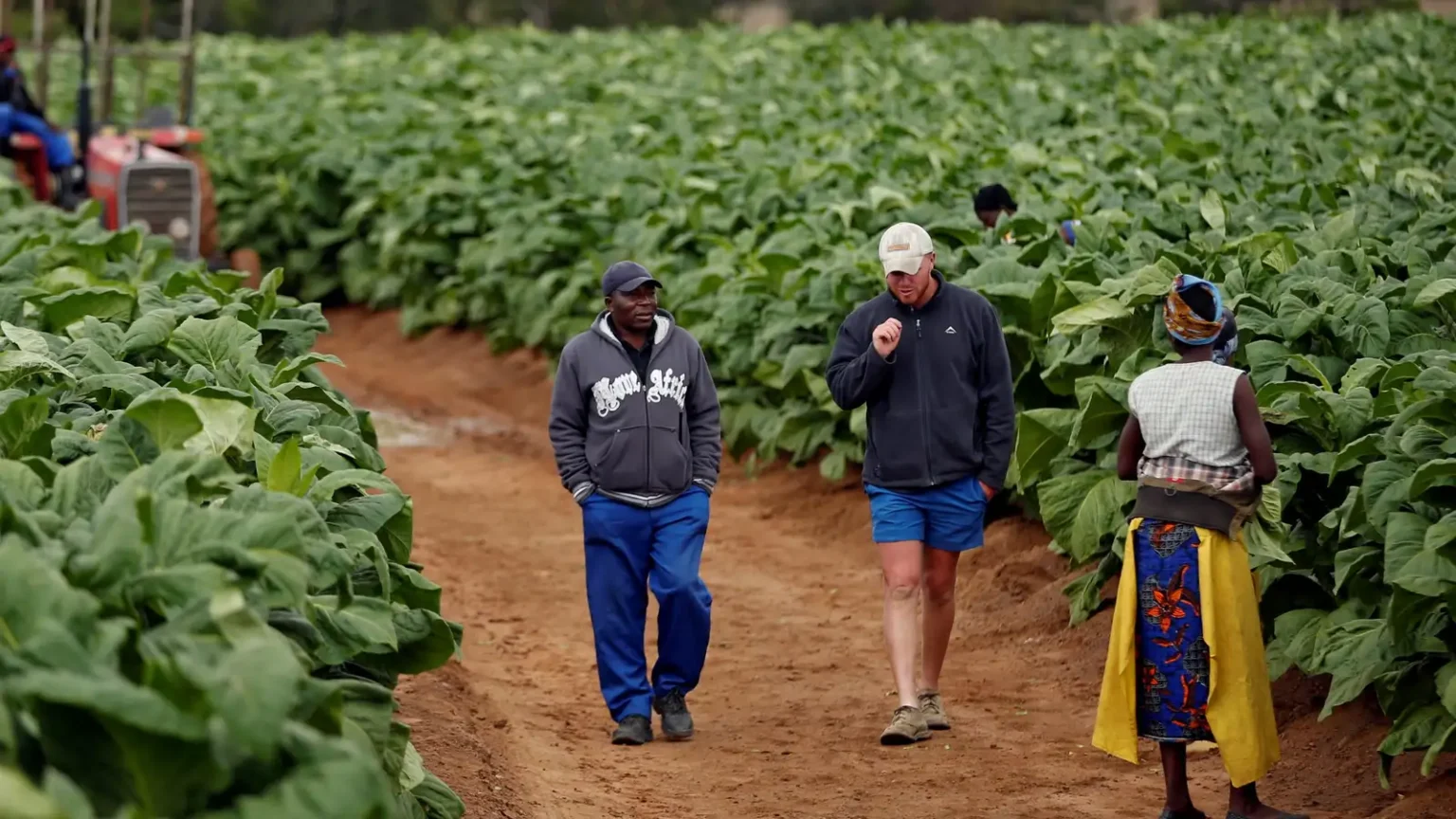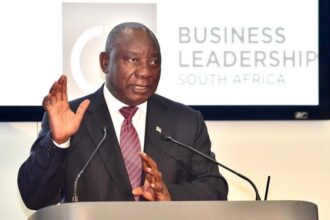Zimbabwe has announced plans to pay white farmers R6.3 billion for land appropriated in 2000. This move aims to secure international creditor confidence and address the country’s long-standing debt crisis, which has isolated it from global financial markets for over two decades.
Debt Restructuring and Economic Strategy
The payment forms part of broader efforts to restructure Zimbabwe’s R396 billion ($21
R383.46 billion) debt and re-enter international markets. African Development Bank (AfDB) President Akinwumi Adesina, speaking at a Harare debt conference, confirmed the allocation of R666 million ($35
R639.10 million) from this year’s national budget to kickstart payments to affected farmers.
Zimbabwean authorities have identified 439 former landowners eligible for compensation. However, a timeline for the disbursement of these funds remains unclear. Payments are expected to be issued through bonds.
Revisiting the Land Redistribution Legacy
In 2000, then-President Robert Mugabe launched a controversial land reform programme aimed at redistributing white-owned farms to landless Black Zimbabweans to correct historical injustices. While the policy sought to address racial disparities, it led to widespread economic turmoil, food shortages, and strained international relations.
President Emmerson Mnangagwa, who succeeded Mugabe in 2017, has prioritised reconciling with affected farmers and international creditors to restore economic stability.
International Mediation and Innovative Debt Solutions
Mnangagwa has enlisted Adesina and former Mozambican President Joaquim Chissano to mediate negotiations with creditors, including the World Bank, Paris Club, and European Investment Bank. In 2022, Zimbabwe engaged international advisory firms Global Sovereign Advisory and Kepler-Karst to aid its debt restructuring process.
The country has also explored innovative solutions, such as a Debt-for-Climate swap, as a means to manage its arrears and attract financial assistance.
A Path Toward Economic Redemption
Zimbabwe’s exclusion from multilateral financing institutions, such as the International Monetary Fund, has forced reliance on central bank funding, exacerbating inflation and economic challenges. Speaking on Zimbabwe’s financial predicament, Adesina compared the debt burden to “a backpack of sand” weighing the country down.
He underscored the need for a global commitment to assisting Zimbabwe, stating, “No one can ignore the critical role this nation plays in the world.”
By addressing past grievances through these payouts, Zimbabwe hopes to rebuild trust with both domestic stakeholders and the international community, paving the way for economic recovery and reintegration into global markets.











